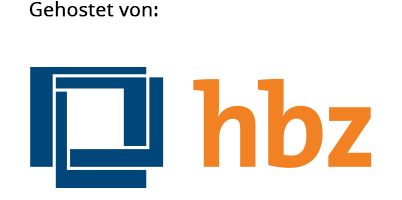Pedagogical quality in e-learning
Schlagworte:
design, e-learning, e-learning technology, evaluation, learning objects, learning theory, multimedia, user interaction, user interface, virtual learning environmentsAbstract
The article is concerned with design and use of e-learning technology to develop education qualitatively. The purpose is to develop a framework for a pedagogical evaluation of e-learning technology. The approach is that evaluation and design must be grounded in a learning theoretical approach, and it is argued that it is necessary to make a reflection of technology in relation to activities, learning principles, and a learning theory in order to qualitatively develop education. The article presents three frameworks developed on the basis of cognitivism, radical constructivism and activity theory. Finally, on the basis of the frameworks, the article discusses e-learning technology and, more specifically, design of virtual learning environments and learning objects. It is argued that e-learning technology is not pedagogically neutral, and that it is therefore necessary to focus on design of technology that explicitly supports a certain pedagogical approach. Further, it is argued that design should direct its focus away from organisation of content and towards design of activities.Downloads
Veröffentlicht
2005-03-15
Ausgabe
Rubrik
Beiträge



